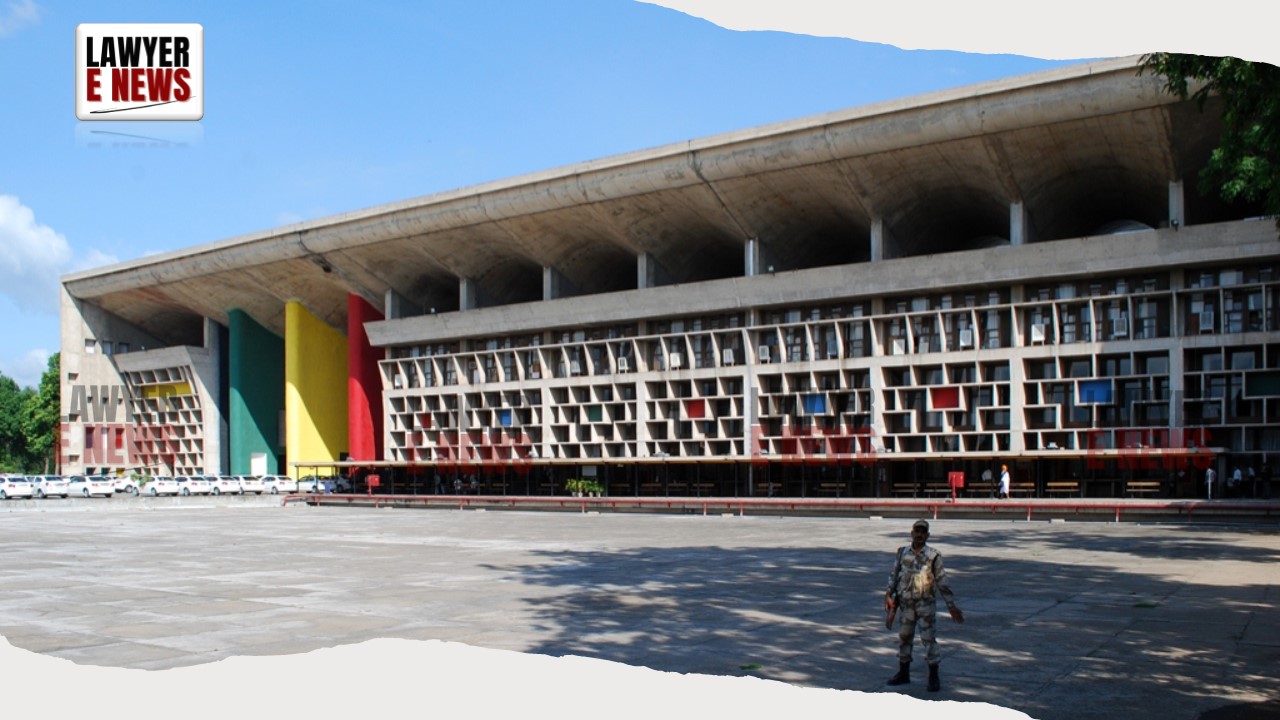-
by Admin
15 February 2026 5:35 AM



High Court of Punjab and Haryana delivered a significant ruling in the case of Jamil Ahmed & Ors vs. Akhtar Hussain & Ors, dismissing a revision petition challenging an appellate court's decision. The petitioners had sought to overturn an order dismissing their appeal, which was filed nearly nine years after the decrees in a partition suit had been issued. The court upheld the lower court's decision, ruling that the appeal was barred by limitation, and rejected the petitioners' claim of fraud as unsubstantiated.
The case stemmed from a suit for partition filed by the respondent plaintiffs, which was decreed on February 7, 2014. The petitioners, who were defendants in the original case, were proceeded against ex parte, leading to the passing of a final decree on October 31, 2017. The petitioners later claimed that their counsel failed to inform them of the case proceedings and did not keep them updated on the dates, resulting in their absence.
Subsequent attempts by the petitioners to set aside the ex parte decree were dismissed, including their application under Order 9 Rule 13 of the CPC in 2019 and further objections in the execution proceedings. Finally, they filed an appeal challenging both the preliminary and final decrees, but it was dismissed by the First Appellate Court on January 18, 2023, for being filed after a delay of 8 years and 8 months.
The primary legal issue before the court was whether the appeal, delayed by nearly nine years, could be entertained. The petitioners claimed that fraud had been committed by the respondents, alleging that the plaintiff and proforma defendants had colluded, and that they had not properly engaged any legal counsel in the earlier proceedings. They also contended that they were unaware of their right to appeal within the statutory period.
The respondents argued that the petitioners were well aware of their legal rights, as they had pursued various legal remedies, including applications to set aside the ex parte decree and objections in the execution proceedings. This, they asserted, demonstrated that the petitioners had full knowledge of the case.
Justice Alka Sarin rejected the petitioners' argument of ignorance and fraud. The court noted that the petitioners had, in fact, engaged in several legal processes, clearly indicating that they were aware of their rights. Moreover, the claim of fraud was raised for the first time in the grounds of appeal and had not been mentioned in earlier applications, casting doubt on its validity.
Justice Sarin emphasized that the petitioners had been actively involved in legal proceedings related to the partition suit, which contradicted their claim that they were unaware of their rights. The court further noted that the plea of fraud had not been part of their initial application to set aside the ex parte decree and was only raised in the appeal, suggesting that it was an afterthought.
In light of these facts, the court concluded that the delay of 8 years and 8 months in filing the appeal was unjustifiable. The dismissal of the appeal by the First Appellate Court was upheld, and the revision petition was found to be without merit.
The Punjab and Haryana High Court dismissed the revision petition, affirming that the appeal, delayed by nearly nine years, could not be excused. The court also dismissed the petitioners' claim of fraud as belated and unsupported by earlier filings.
Date of Decision: September 25, 2024.
Jamil Ahmed & Ors vs. Akhtar Hussain & Ors
